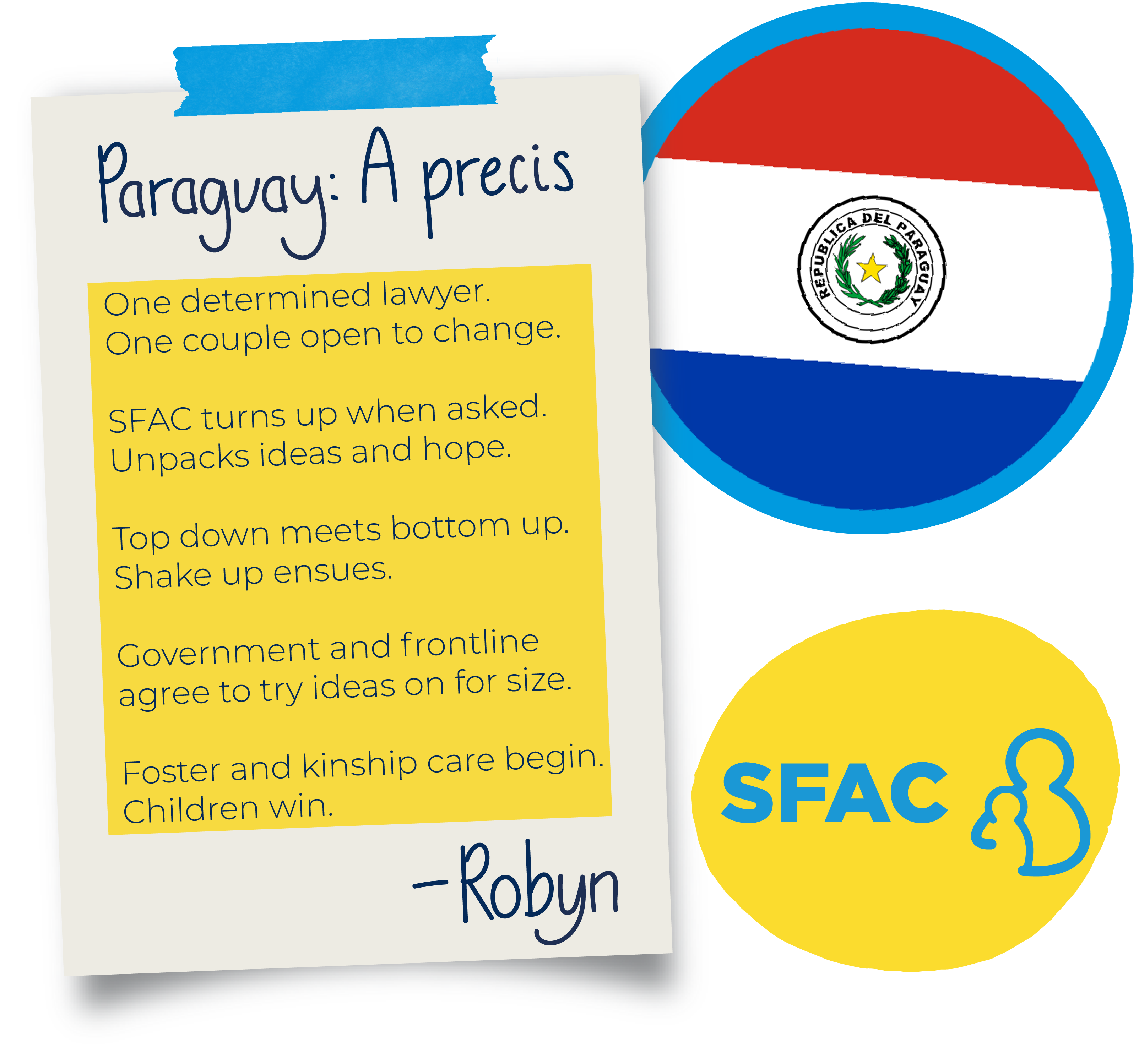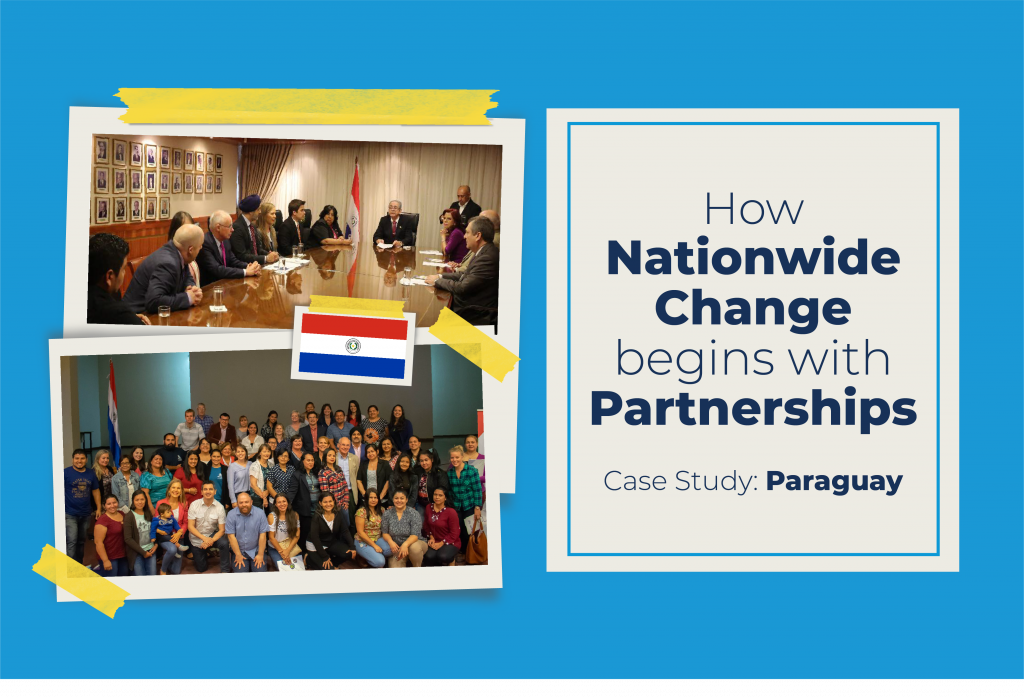Article Author: Robyn Lance. Images and quotes have been selected and prepared by Maya Tyrrell.
Paraguay: A precis
One determined lawyer.
One couple open to change.
SFAC turns up when asked.
Unpacks ideas and hope.
Top down meets bottom up.
Shake up ensues.
Government and frontline
agree to try ideas on for size.
Foster and kinship care begin.
Children win.
Introducing Anja, Brian and Jackie
I recently had the privilege of interviewing key players who, for over a decade, have driven change in the way vulnerable children are cared for in Paraguay. They were confident that children in foster families could not only survive but thrive.
Anja Demaris Goertzen Gaona is a lawyer with a heart for the right of children to a safe, secure environment in which they can flourish. Anja’s passion has spurred her on to push for change in government legislation, attitude and practice.
In 2011 Anja invited Mick Pease, UK founder of Strengthening Families And Children (SFAC), to Paraguay to talk through possibilities for change with a small group of people interested in finding out about options other than institutional care.
A decade ago, pastors Brian and Jackie McCobb were running an orphanage in Paraguay for over one hundred children.
They longed for children to not only survive but to thrive.
As Brian put it, in the care home they did their best to create an environment that was like a family but their four letter word was like.
The home was as much like a family as they could make it but could never replace a real family.
Hearing of Anja’s work Brian and Jackie joined other care practitioners to establish Paraguay Protects Families (PPF) to advocate for change.
Its courageous aim was to get government, charities and non-government organisations, public and faith based organisations on board as quickly as possible and they went for it.

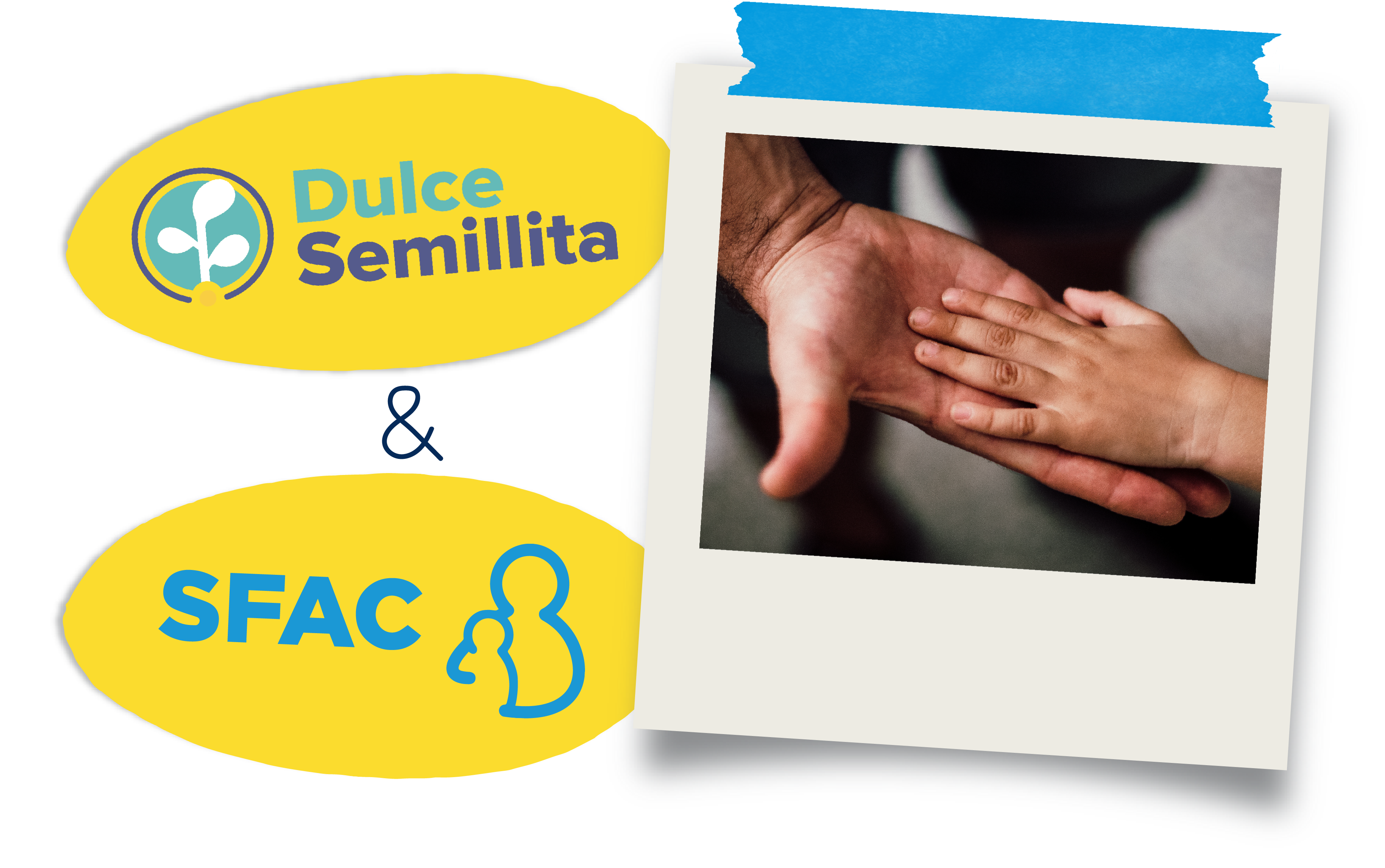
Little Neighbours
In his role with PPF, Brian worked as an interpreter when Mick returned to Paraguay with Dan Hope.
At the time Dan was a UK social worker volunteering with SFAC in his time off. He’s now SFAC’s CEO.
Hearing them, Brian became convinced that foster and family care was the best way forward for the majority of vulnerable children. This led to Brian and Jackie leaving the children’s home where they had been working.
After a great deal of research and some support and advice from SFAC, they started a small grass roots faith-based organisation called Dulce Semilita, meaning Little Neighbours, which is dedicated to advocating for children’s rights and promoting foster care.
It is an authorised foster care agency and is expanding slowly. It now has additional part-time staff: a social worker and psychologist and also a lawyer who works with both the biological and foster families and advises the courts regarding the child’s best interests.
SFAC Hosting Workshops, PPF Growth + Government Support
Mick and Dan were invited back to run further workshops as PPF garnered support and interest from government and court officials. SFAC’s aim was to educate, equip and empower the judiciary, government social workers, lawyers, psychologists and child care staff.
Again, the vision was broad based and bold. Nothing ventured; nothing gained.
In 2013 SFAC worked with PPF to train relevant government workers in the adoption and child protection departments.
The workshops and meetings outlined ways of improving the care of children living away from parents, options in family care including short-term and long-term foster care, good practice in reuniting children with their families after periods of separation.
Mick and Dan also held sessions with the general public about foster care, participated in TV interviews (much to their surprise!) and met with orphanage directors and some new foster carers.
During this visit PPF were able to arrange for Dan and Mick to join them in a meeting with the Head of the Family Courts - a meeting that set up significant change in Paraguay.
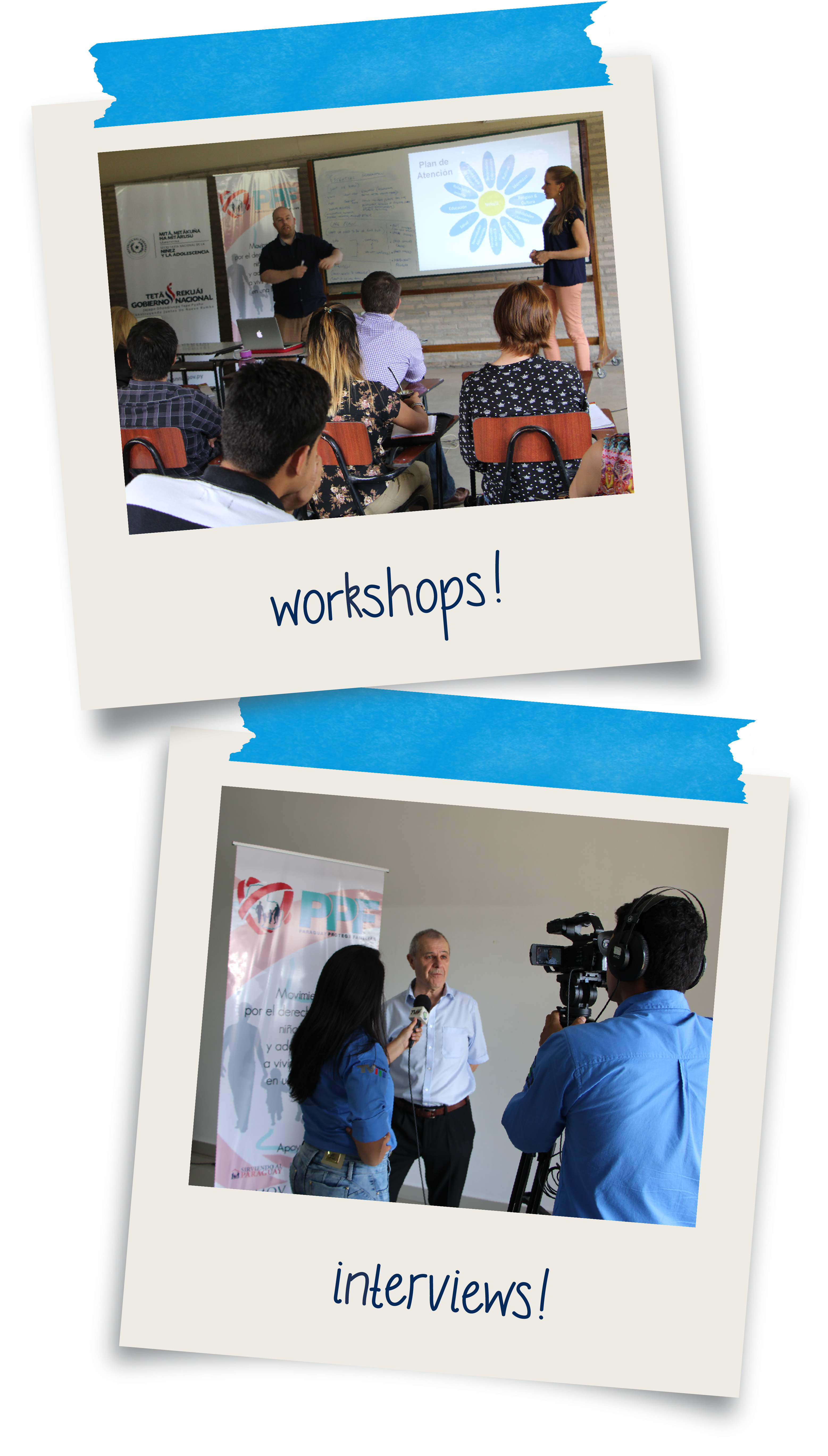
Systemwide Change
The Paraguay government was now considering system wide change and wanted to see how the systems worked in a country where foster and kinship care was more commonly used than children’s homes.
A delegation travelled to the UK to observe their practice.
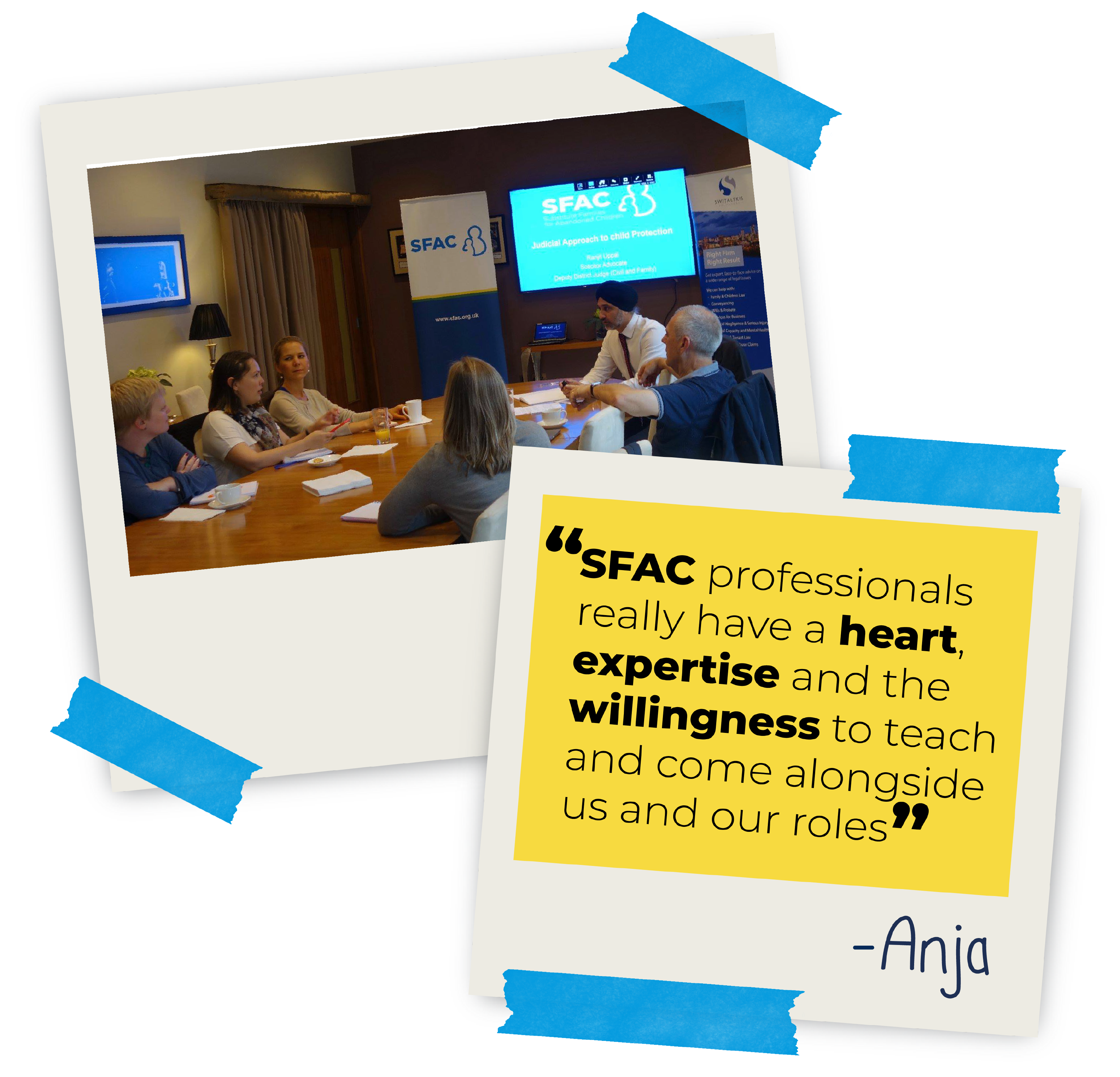
Contrary to the expectations of some, the SFAC team did not present the UK set up as perfect. They encouraged the delegates to learn from the UK’s mistakes and to use and adapt whatever strategies and systems they thought could work in Paraguay.
During the visit the delegates heard how the teams in Leeds had also learnt from and adapted systems from other countries and were told that the UK systems could benefit from learning from Paraguay's use of multi-disciplinary teams.
After the visit, Anja focussed on the critical role the court played in deciding where children shall live.
Without the court’s support and desire to implement change vulnerable children would still end up in children’s homes contrary to their needs, rights and, quite possibly, their wishes.
This led to a significant catalyst event in 2018.
Financial support from ROLE UK, a government funded legal training organisation, and UK Aid enabled SFAC to come alongside PPF and work with the Paraguay judiciary.
SFAC Lawyers meet the Judiciary
Dan returned to Paraguay with two of SFAC’s volunteer legal team - award winning UK lawyers, Ranjit Uppal and Nigel Priestley.
They met with 400 members of the judiciary: children’s judges, prosecutors, defenders and government social workers from the children’s courts to raise awareness about the judiciary’s role in prioritising and promoting care in families over care in children’s homes.
This was a powerful first.
Obstacles
I heard that they overcame some crossed-arm, stony-faced resistance. Nigel is a grandfather and a kinship carer with a personal story to tell. His was the voice of experience. A human touch.
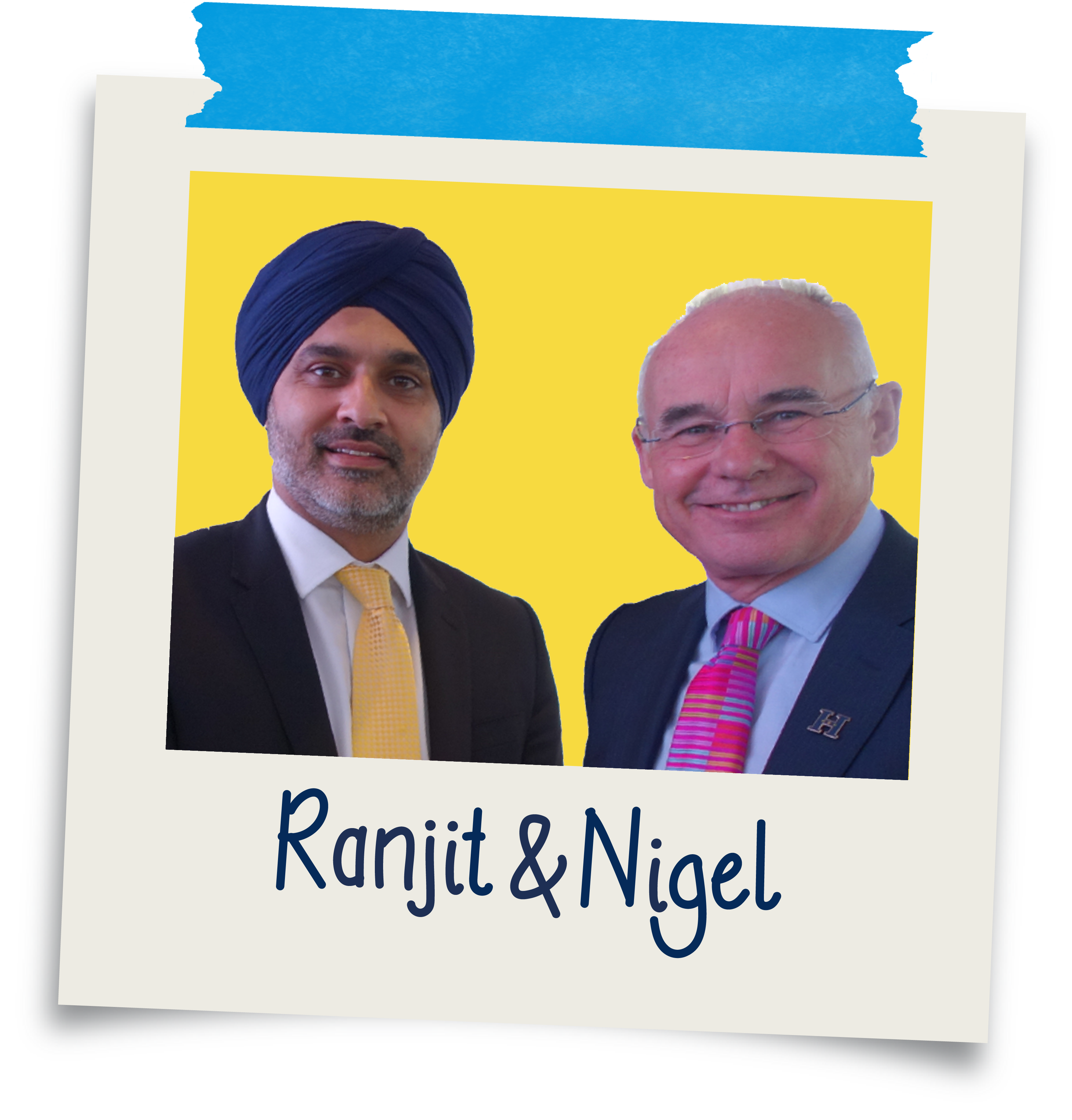
Again, rather than promoting the English system as perfect the team offered guiding principles for a way forward and opened up opportunities.
Between them, Dan, Ranjit and Nigel provided a bridge to government and, crucially, introduced the concept of the child's voice being heard in court. They believe the child can be best represented by a guardian who is a qualified social worker, and an approved children's lawyer: two people whose primary responsibility is to act in the child’s best interest.
Instead of cynicism and despair, the team’s fresh and optimistic approach gave participants hope.
As a direct consequence of these sessions, PPF members have access to government decision makers; they have a voice.
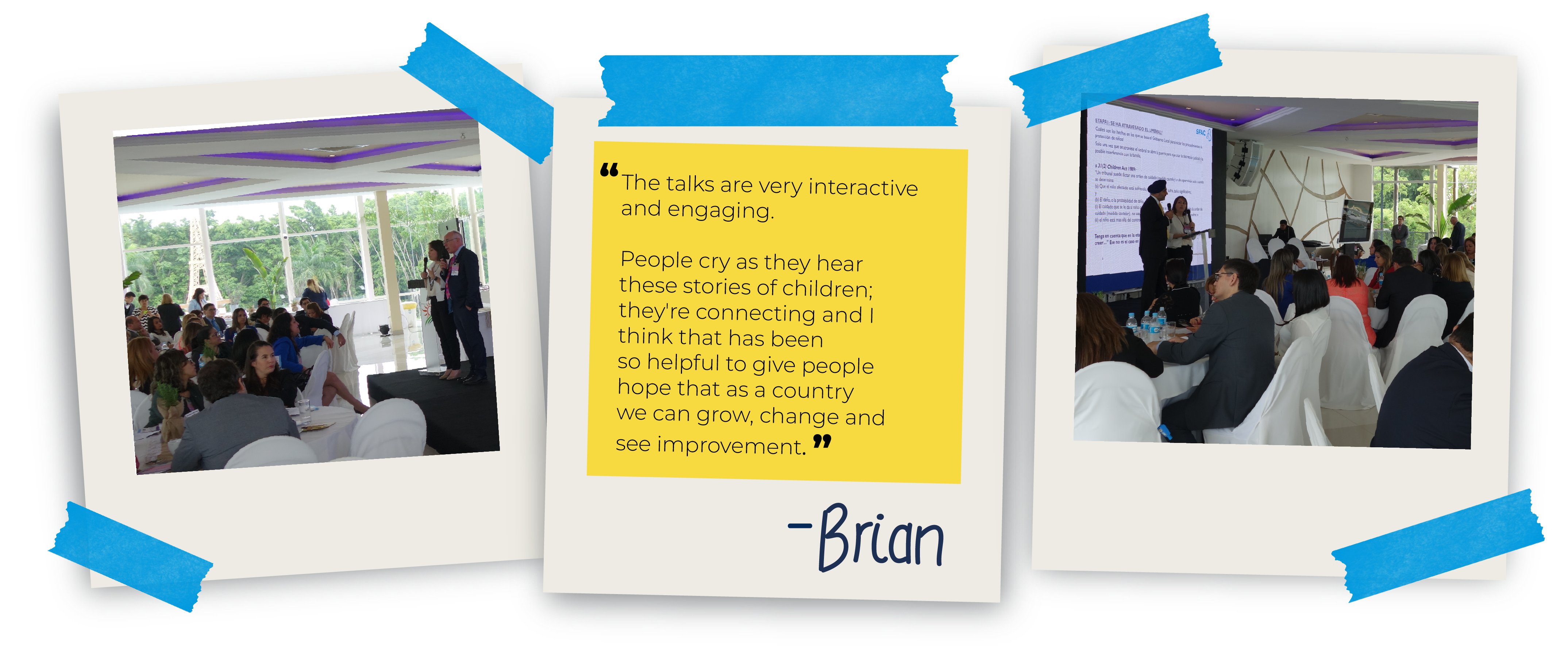
Partnerships delivering Legislative Change - PPF and Paraguay Government
Later that year a second delegation visited the UK to learn more about the detail of the care and protection systems.
Their feedback led to PPF working with the Paraguay government and judiciary in a cross cultural review with SFAC represented by Ruth Sharon, a UK lawyer who spent time living in Paraguay.
A declaration of intent was signed to develop a national interagency policy for child protection and the care of children.
In December 2019 new legislation and protocols were introduced including promotion of foster care, reunification and kinship care.
Progress indeed.


The SFAC Effect
I have heard that SFAC’s training is different from other workshops. There’s a level of expertise mixed with heart. It’s not just dry, dead talk about legalities but is interactive and engaging. Arms uncross. Faces relax.
Mention was made of a ‘windscreen’. It turned out to be a model of thinking about the various levels of support that can be provided to children and families. SFAC introduced PPF to the model which is now widely used in Paraguay.
SFAC has walked beside this community of caregivers for over ten years. SFAC is fulfilling its aim to educate and equip and to empower local organisations to the point where they will not be needed. Meanwhile, members of the team continue to offer a listening ear, a sounding board, advice, training and continuity of support.
Their help is practical. They suggest affordable resource material. Jackie was able to attend a Protective Behaviours course run by SFAC’s chartered psychologist, Dr Caitlin Lance Hope. She found the approach easy to understand and was thankful that no costly resources were necessary.
The strategies learnt are now being applied at Little Neighbours.
Mick trains care workers in foster care assessment; Dan shows how to develop individual care plans and all three provide ongoing case consultation.
They give help free of charge; help that the Paraguay government and front line workers could not afford. Anja and Brian’s appreciation for the ongoing support and encouragement was palpable as the interview progressed.
A Success Story - Kinship Care
I would like to present a case study.
PPF aims to try to improve the system from the top down and lead by example from the bottom up. Under a judicial care order Anja recruited a foster family (a perennially difficult task due to the limited number of families willing and available to foster children) for Maria*
Maria came into their care as a baby when her birth mother was brought to hospital after a serious accident.
A regional health worker who happened to be in the area fought for Maria to be taken in the ambulance with her mother. In other circumstances, it is likely she would have been left to die. In some eyes, the life of an indigenous child has little worth. At that time they lived alone in extreme poverty.

Anja was able to locate the health worker who knew Maria’s family history. They needed a birthdate to complete paperwork so the court could register her birth and initiate a plan for her care. Anja and Brian’s belief that family care would be best for the child motivated them to pursue each lead.
It was a complicated and difficult task to piece Maria’s story together and trace the family but eventually they made contact with members of Maria’s extended family and committed to make the long journey to her birthplace.
Twice.

Initially, to meet her biological mother who was struggling with multiple challenging health issues. It was clear she could not care for Maria but possible safe solutions emerged within her family. A relative was identified and assessed as being a safe and appropriate potential kinship carer for Maria.
On their second visit, members of the team took Maria to meet them. If those responsible for Maria’s care agree that the move is in her best interests it will be a challenging transition from the city to the country. However, Anja knows the family to be positive, creative and effective.
They want to help make this happen.
Anja and Brian reached out to SFAC for invaluable support and counsel throughout this process. Maria’s story is ongoing. It illustrates the difficulties inherent in providing kinship care but also what can happen when carers are determined to follow best practice … for the child’s sake.
It is then that children become the winners.
A Promising Future - Dulce Semilita
To conclude with a broader brush example of the power of people with vision, SFAC staff are now working with a Non-Government Organisation/charity, Dulce Semilita to help set up a foster care programme which will then run training and support similar programmes around Paraguay.
Thanks to Anja, Brian, Jackie and others at both the top and bottom who care for vulnerable children, people who were willing to stop, rethink and change, the work continues.
*Names and some details have been changed to protect the privacy of the child and families.
Robyn Lance is a practising poet and a retired teacher who worked in the school and tertiary sectors. Robyn and her husband, Robert, have provided short term and long term foster care in Australia.
This was instrumental in their daughter, Caitlin, choosing to be a psychologist. They are proud to acknowledge Caitlin as a valued member of the SFAC team.
